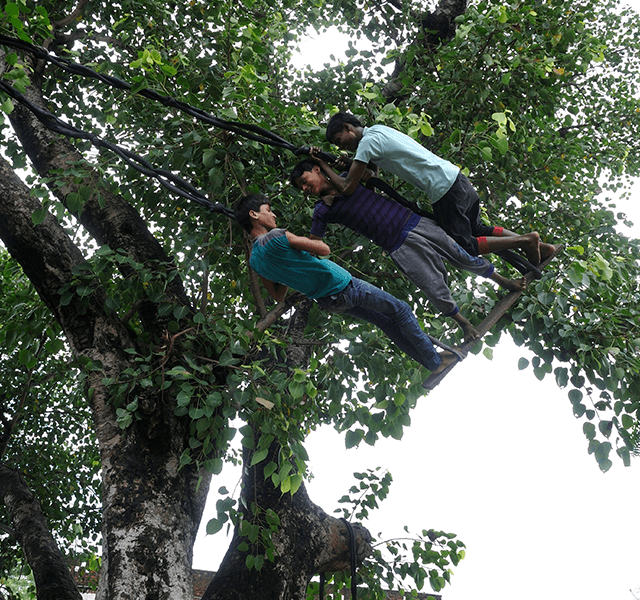

Uttar Pradesh has advanced multi-sectoral action under the National Tuberculosis Elimination Programme to accelerate progress towards TB elimination. With TB-STSU’s technical support, the State TB Cell has deepened collaboration across government, corporates and communities to strengthen diagnostics, nutrition support, capacity building and TB notification. This document summarises TB-STSU’s contributions and shows how cross-sector partnerships and community participation are improving early detection and patient-centered care statewide.
Read MorePAHAL Issue 28 documents UP TSU’s continued support to the Health Department and ICDS in strengthening public health delivery across facility, system, and community levels in Uttar Pradesh. This issue brings together stories of progress from the field, reflecting how coordinated planning, capacity building, and data-driven decision-making are improving health services for last-mile populations.
Read MoreThe State TB Cell (STC), Uttar Pradesh, works with Gram Panchayats to drive action for TB-free villages, blocks, and districts. Recognising local governance as key to health delivery, it has operationalised Panchayats state-wide. This brief outlines the strategic interventions adopted by the STC and the technical and implementation support provided by the TB-STSU, IHAT, to enable targeted screening, early diagnosis, and community-led certification of TB-free Panchayats.
Read MoreIndia Health Action Trust (IHAT) launched the Gender Champions Initiative as a key mechanism to operationalise the IHAT Gender Equality Strategy (2024-2029). Aligned with Strategy Objective 2 – strengthening staff understanding and application of gender-transformative approaches – the initiative builds internal leadership and embeds gender responsiveness across programmes and operations.
Read MoreThe ‘Quality Rating’ reform marks a transformative step toward strengthening the quality and credibility of nursing and paramedical education in Uttar Pradesh. Implemented by the Uttar Pradesh State Medical Faculty (UPSMF) in collaboration with the Quality Council of India (QCI), the program aims to establish a standardised and transparent framework to evaluate institutional performance and encourage continuous improvement.
Read More